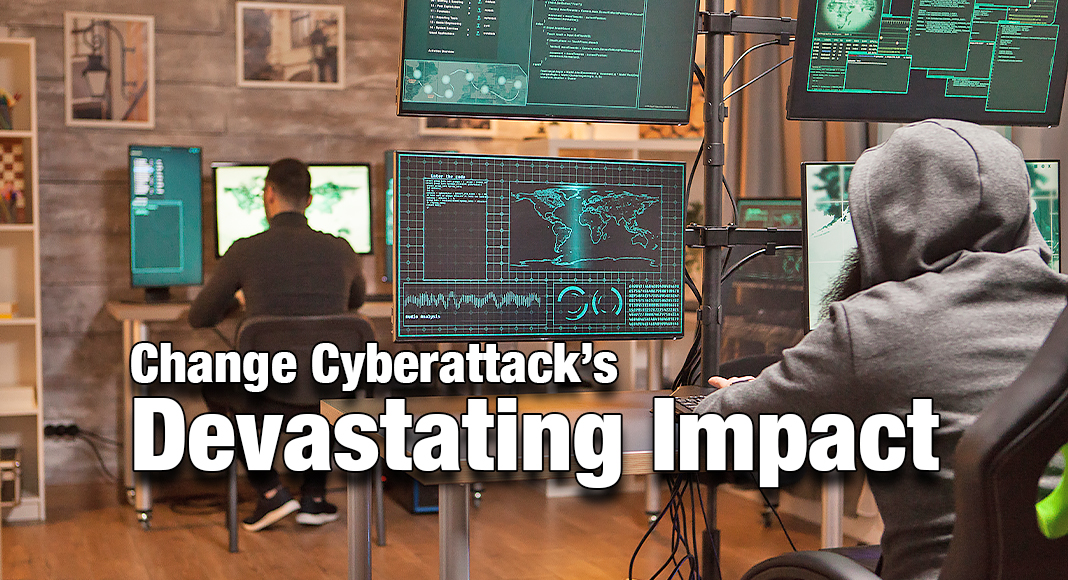
Mega Doctor News
CHICAGO – The American Medical Association (AMA) today released informal survey findings (PDF) showing the ongoing, devastating impact of the Change Healthcare cyberattack, which threatens the viability of physician practices across the country, and, according to respondents, has serious implications for patient care. According to the survey, which was conducted from March 26 to April 3, restricted functionality since the cyberattack has resulted in: 36% of respondents reporting suspension in claim payment; 32% being unable to submit claims; and 22% being unable to verify eligibility for benefits. Practices of 10 physicians or less appear to be particularly hard hit.
View the Survey below:
Additionally, 80% of those surveyed reported lost revenue from unpaid claims; 85% have had to commit additional staff time and resources to complete revenue cycle tasks; and 51% have lost revenue from the inability to charge patient co-pays or remaining obligations. The result is that 55% of respondents had to use personal funds to cover practice expenses, 44% were unable to purchase supplies, and 31% were unable to make payroll. However, even against that backdrop of remarkable challenges, only 15% of practices have reduced hours.
“The disruption caused by this cyber-attack is causing tremendous financial strain,” said AMA President Jesse M. Ehrenfeld, M.D., MPH. “These survey data show, in stark terms, that practices will close because of this incident, and patients will lose access to their physicians. The one-two punch of compounding Medicare cuts and inability to process claims as a result of this attack is devastating to physician practices that are already struggling to keep their doors open.”
In addition to dipping into personal funds, respondents did report taking advantage of advance payments, temporary funding assistance, and loans. Respondents have received assistance from the Centers for Medicare & Medicaid Services (12%), state Medicaid plans (0.7%), UnitedHealth Group/Optum (25%), and other health plans (4.5%).
The informal survey involved a convenience sample of more than 1,400 respondents, and demonstrates that significant problems continue, especially for small practices (practices with 10 or fewer physicians), which represent 1,097 (78%) of all respondents. The survey was conducted after UnitedHealth Group (UHG) said that claims would be flowing by the weekend of March 23. Despite UHG’s assurances, serious disruptions continue. The survey is also a reminder of the fragility of physician practices.










